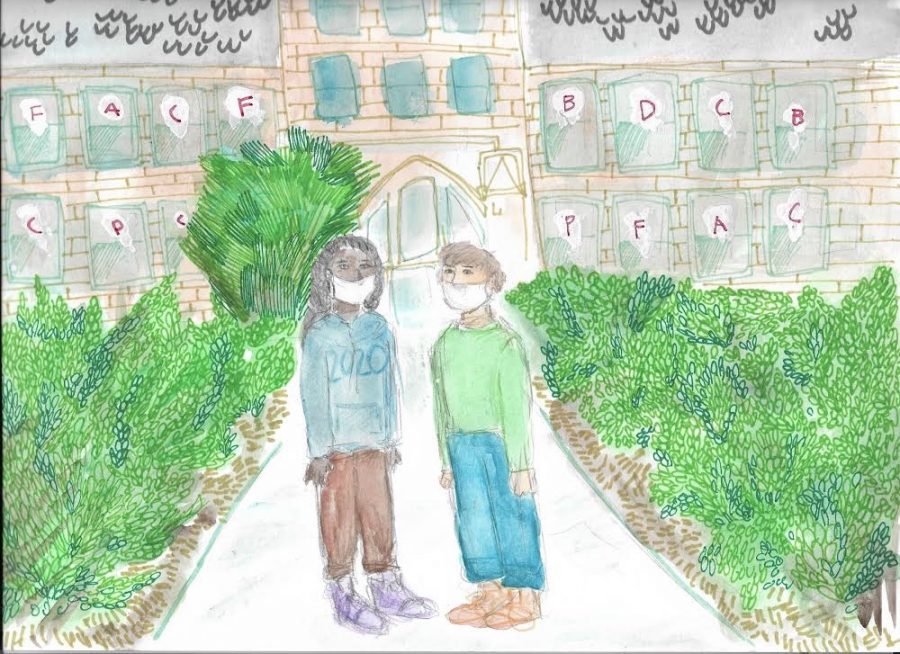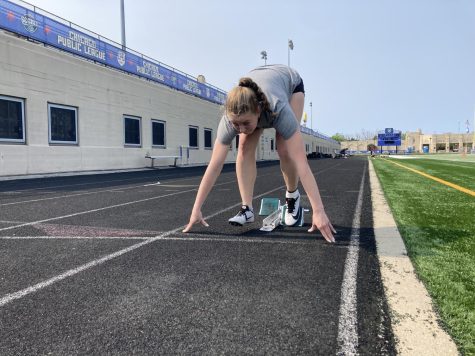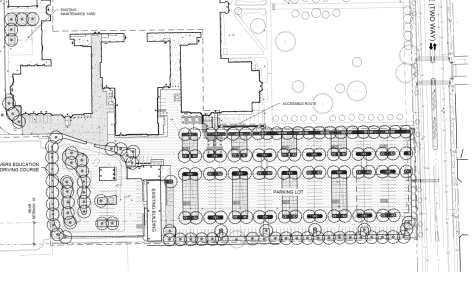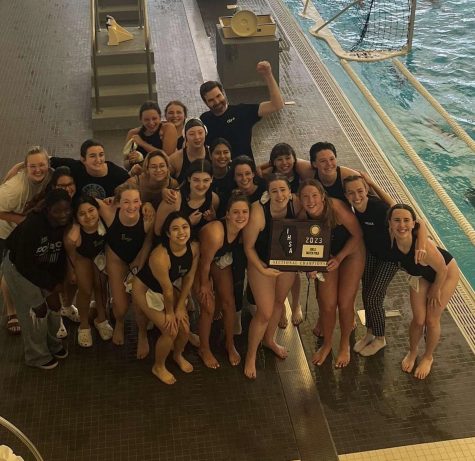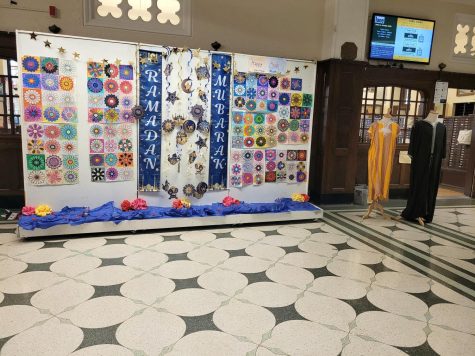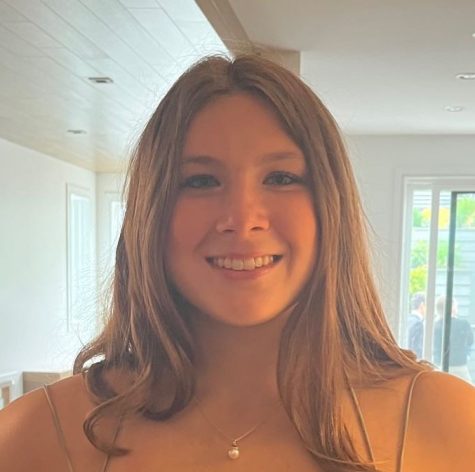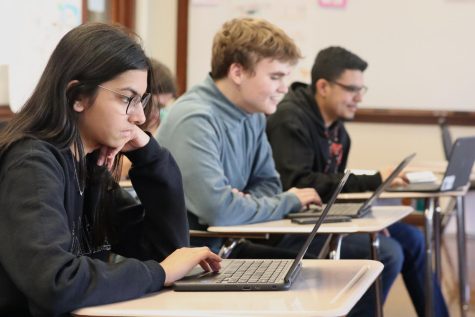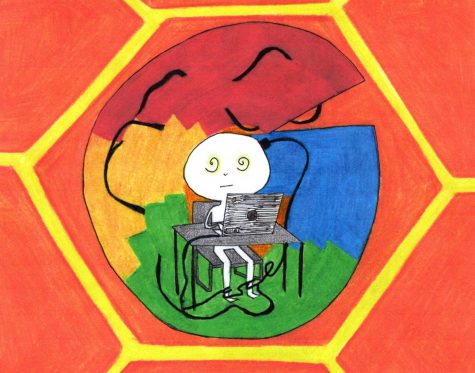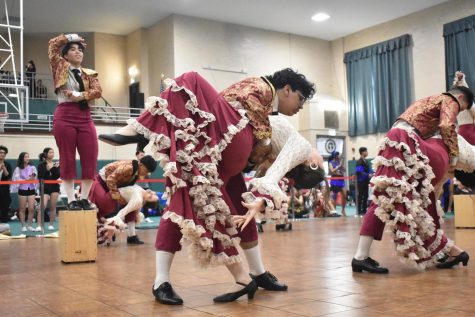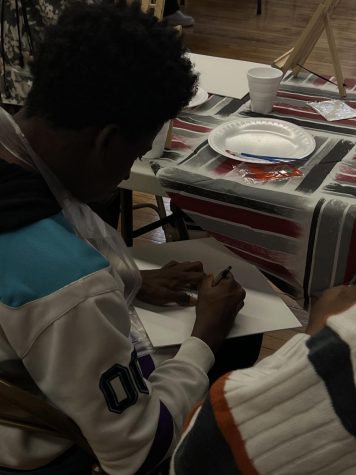Warrior, Paw Print, Beacon call on CPS to change grading policy
May 4, 2020
The student publications of Lane Tech, Payton, and Whitney Young high schools ask CPS to change its remote learning grading policy
Heightening students’ concern about graduation, AP exams, and complicated family circumstances is the knowledge that the world is rapidly changing in the wake of COVID-19 — but with the most recent update to its remote learning grading policy, CPS has demonstrated its failure to take students’ situation into account.
Indeed, despite the unique stress that students have borne, CPS seems to be holding their grades hostage: “Academic Excellence remains a core value in CPS’ Five-Year Vision,” the document reads, “and we know that for many students, grades are a major motivator for academic engagement.”
So how exactly does the plan look in action? It’s a doozy; bear with us.
The abstruse logic is as follows: a student will receive a letter grade at the end of the 4th quarter (Q4) if it’s greater than or equal to their 3rd quarter (Q3) letter grade. If a student’s grade drops below their Q3 grade and remains above an F, the student will receive a “Pass,” meaning they have earned credit for the course, but their GPA remains unchanged, regardless of whether their grade would have helped or harmed their GPA. This provision is especially hard on students with higher grades — they must maintain their As and Bs, despite not having in-person teacher instruction, or risk having a “pass” printed on their transcript.
If the student’s grade drops to an F, or if the student doesn’t engage in remote learning, they will receive an “Incomplete,” meaning they must recover the credit by attending summer school or retaking the course. If this sounds like a thinly veiled “fail,” it is: an “incomplete” is simply a failing grade that does not adversely impact a student’s GPA.
Perhaps most damningly, under the plan, students without access to technology are unable to earn a letter grade, even if they have completed every bi-weekly enrichment packet and remained engaged in non-digital remote learning. This exacerbates the very tech inequalities that CPS attempted to address.
It is impossible to detail every scenario in which this plan could hurt a student; at bottom, it is a complicated and tangled system that amounts to CPS requiring students to perform as if remote learning were no different than being in a classroom, as if living through a pandemic represented no seismic shift in students’ personal and academic lives.
As Chicago Teachers Union President Jesse Sharkey so aptly put it in an April 30 article, “There is no reason for any student to receive a failing grade under these circumstances, especially as children and families deal with severe emotional—and even physical—stress due to the COVID-19 pandemic, and thousands remain without access to a computer or the Internet.”
We acknowledge the challenge in designing a plan that treats all students fairly, completely accounts for extenuating circumstances, and minimizes the loss of education, but CPS has not done everything it can to try to master that balancing act. In New York City, students can opt to have any passing letter grade be factored into their GPA, according to the NYC Department of Education. And in Evanston, if a student earns a passing grade during Q4, their semester grade is automatically moved up a letter from their Q3 grade.
This is a most fragile time in students’ lives: family members have lost jobs, loved ones have passed on, and our traditional high school experience has shifted as the city comes to grips with the COVID-19 pandemic. That CPS could even consider failing a student, or not rewarding them for grades that they have earned, is deeply disappointing.
The Lane Warrior, the Payton Paw Print, and the Whitney Young Beacon editorial boards come together in condemning this deleterious policy, and demanding a replacement that completely eliminates failing grades and cannot, under any circumstances, adversely impact students.

